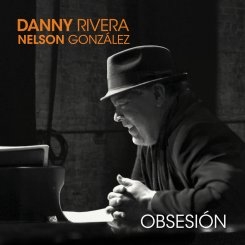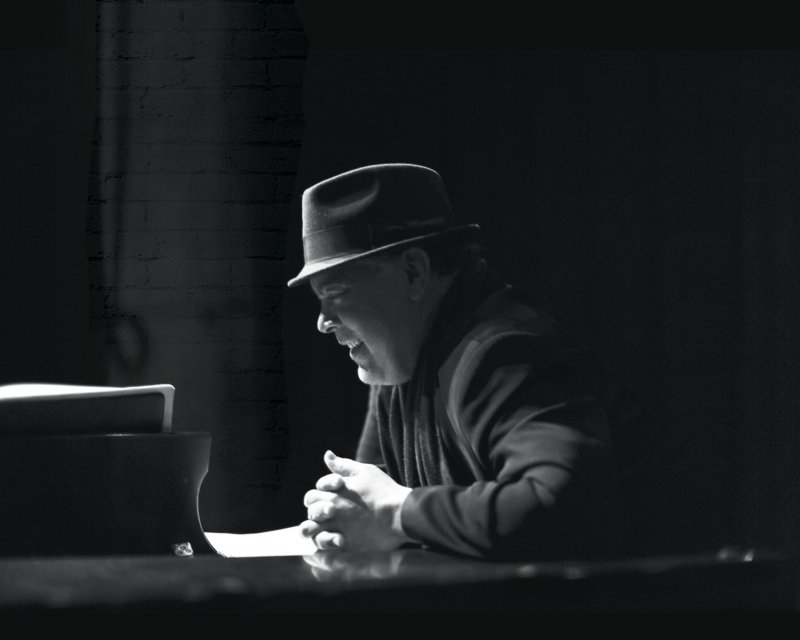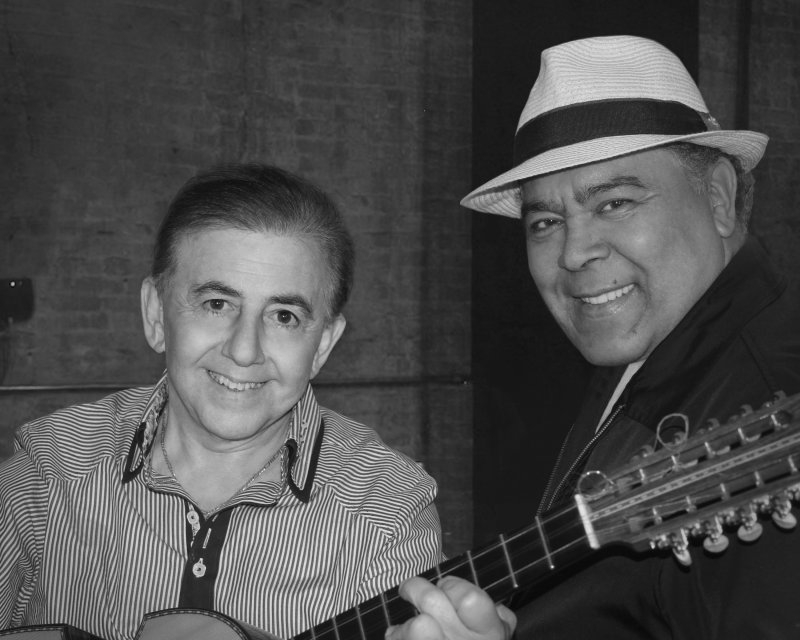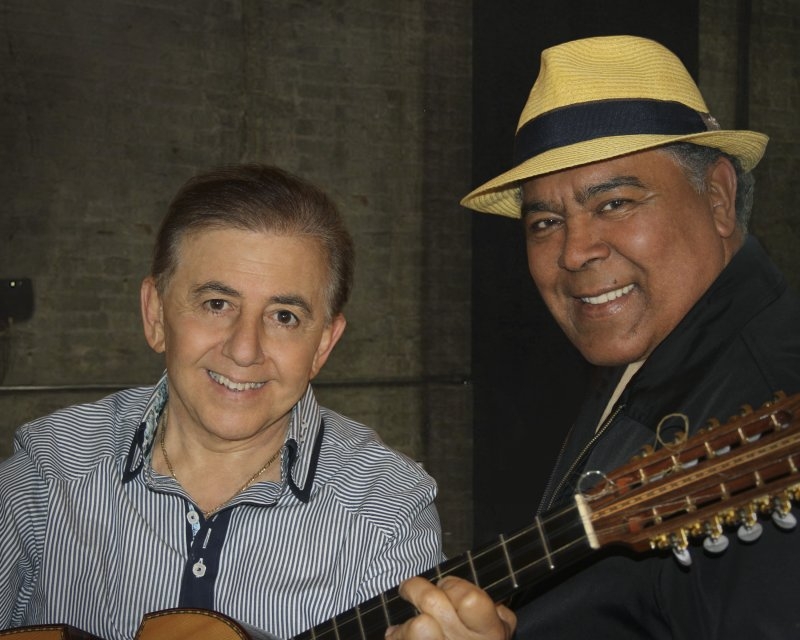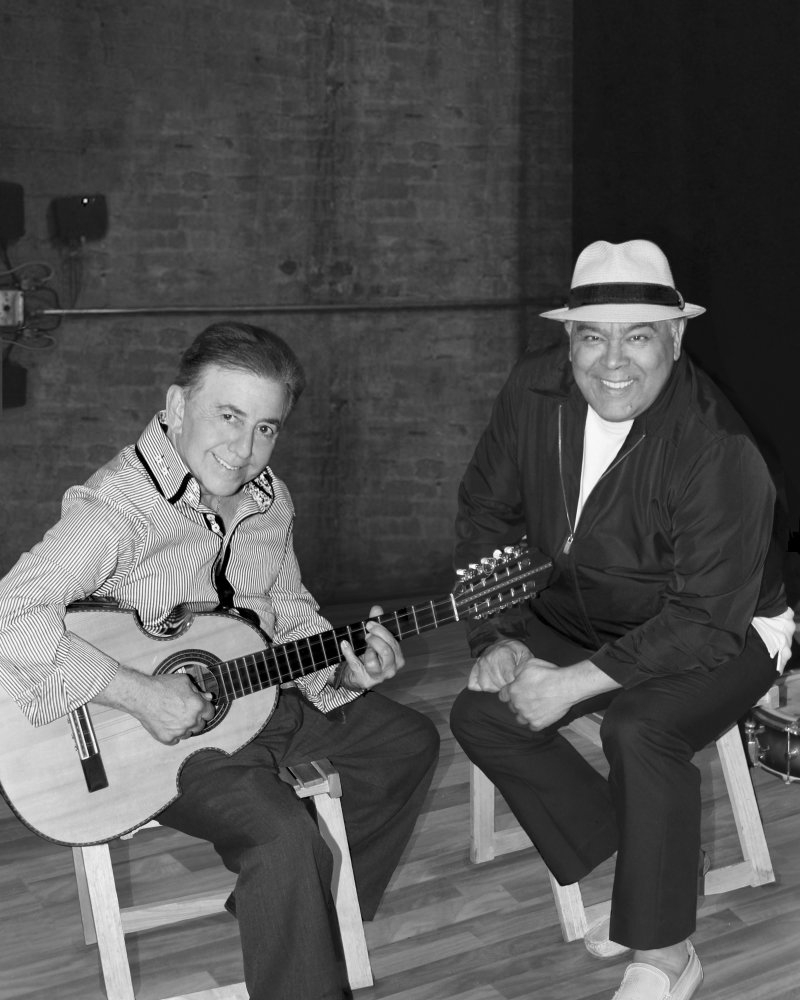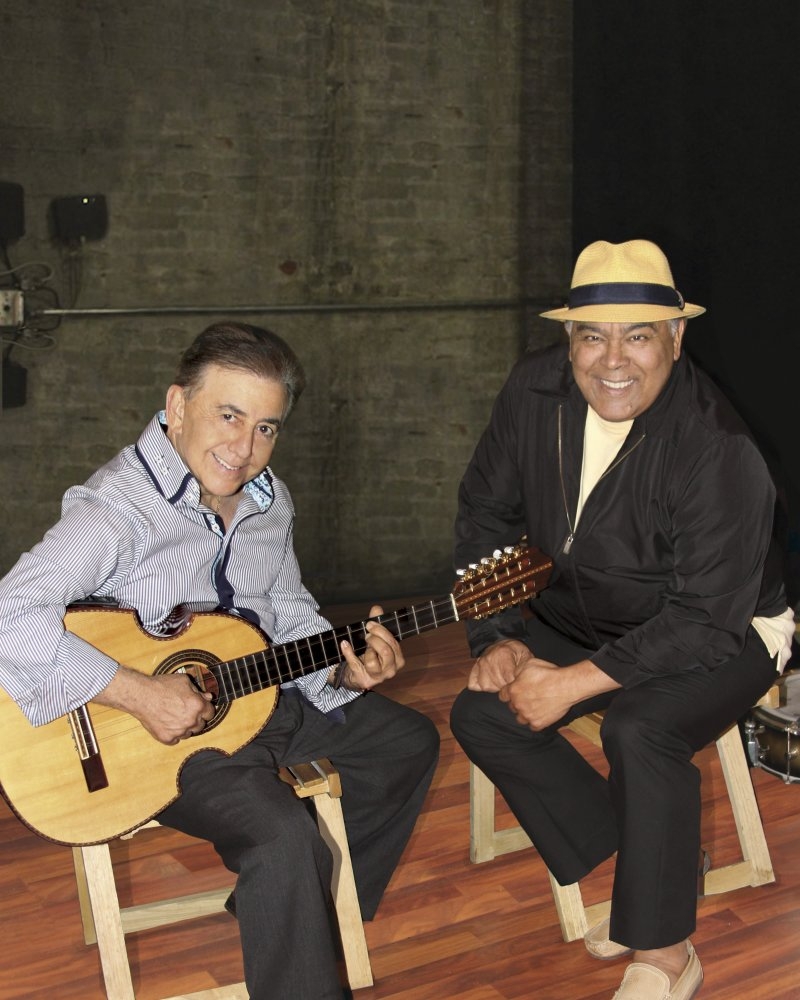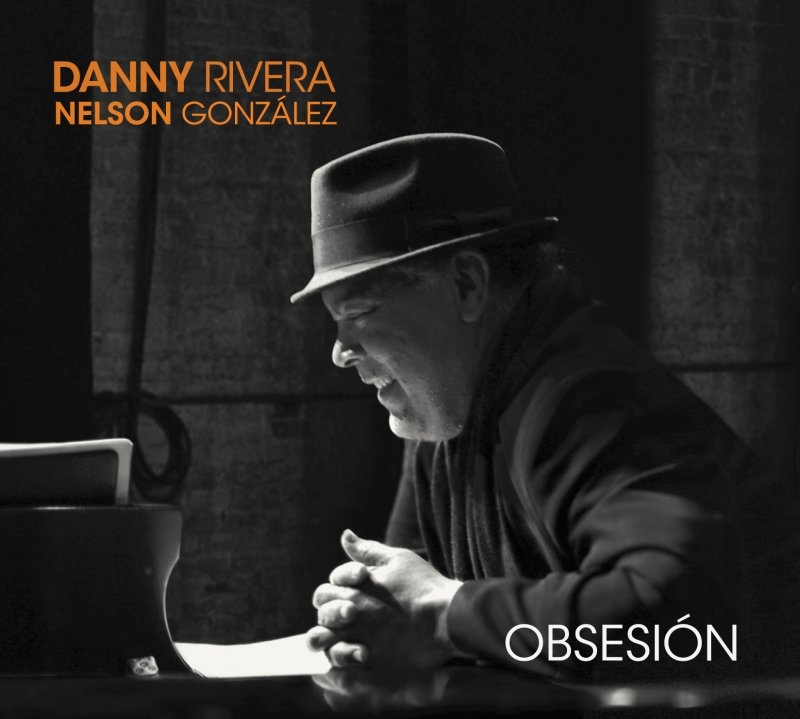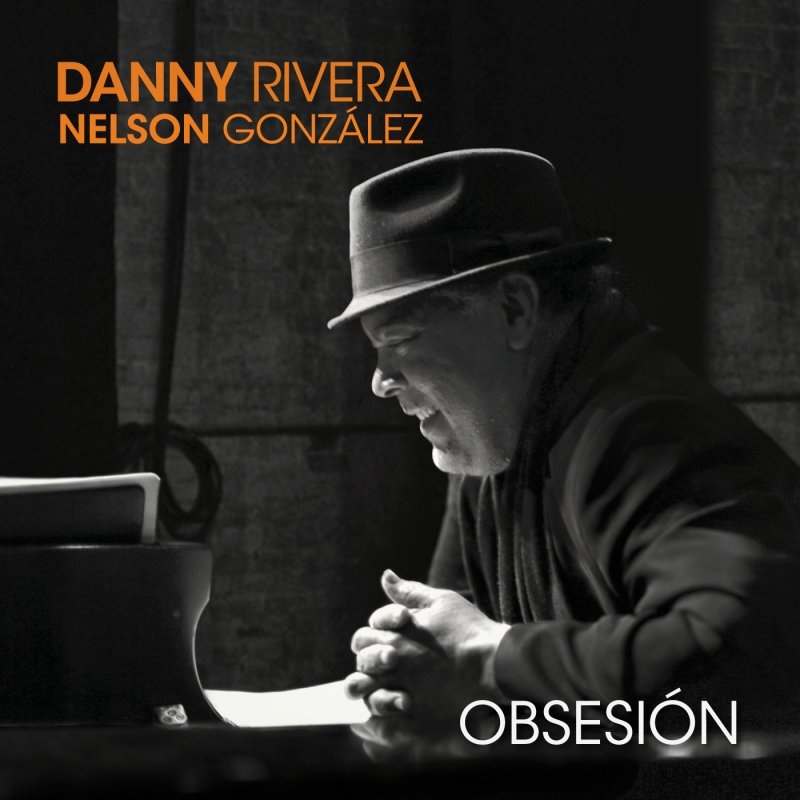Biography
OBSESIÓN, DANNY RIVERA’s new album with NELSON GONZÁLEZ, marks a new turn in his career as he returns to the repertoire of the great Latin American songbook, singing great songs by iconic composers with a stripped-down cast of the music’s most knowledgeable veterans.
They call DANNY RIVERA the “the national voice of Puerto Rico,” but his magnificent, passionate way of singing is known and loved all over the Spanish-speaking world. Over the course of a career that reaches its fiftieth year in 2015, he’s recorded over sixty albums and sold out Carnegie Hall in four different decades (1979, 1989, 1999, 2010).
DANNY RIVERA was born of humble origins in one of the deepest Afro-Rican culture zones -- Santurce, Puerto Rico, the home of many of the island’s most popular musicans and now part of the modern metropolitan area of San Juan.
Born on February 27, 1945 in the neighborhood of 23 abajo, named forone of the stops on a now-defunct trolley line, his first experiences with singing were in the chorus of an evangelical church and in the bars of his neighborhood, and with the barriles (barrel drums) of the streetside bomba that is Puerto Rico’s strongest link to the era of plantation slavery.
He made his first professional impression as a big-band singer in 1968, in the Hotel San Juan with César Concepción’s orchestra, the finest of its day. Televised music festivals are important talent showcases in Latin America, and after Danny was chosen as Revelation of the Year in the 1968 Popularity Festival, he became a familiar face in Puerto Rico through television appearances.
With a repertoire that emphasized the bolero and looked to progressive song movements, he was an emblematic figure of the bohemia of the 70s that based itself at the nightclub in Viejo San Juan called Ocho Puertas (Eight Doors).
After making his recording debut in 1968 (“Amor, Amor,” with a group called the Clean Cuts), he began a string of hits that included "Porque yo te amo," "Fuiste mía un verano," "Manolo," "Mi viejo," "Yo y la rosa," and "Va cayendo una lágrima."
In 1971 he had a superhit with a version of Roberto Carlos’s "Jesucristo," followed up the next year with his album Mi Hijo, which included two of his career-defining songs, “Tu pueblo es mi pueblo” and “Amada amante.” For years after that, he recorded and concertized constantly, becoming an international star while maintaining a presence on Puerto Rican radio and TV.
He delved into the rich past of Puerto Rican music, something practically unheard of for Latin pop artists. He signed with the powerful Venezuelan label TH in 1980, and his albums during this period are considered classics, including Alborada, Serenata (with a song that became a standard of his, Don Felo’s “Madrigal,”) and Danza Para Mi Pueblo, an album of Puerto Rican danzas.
He subsequently began his own label, DNA, producing among other titles Así Cantaba Cheíto González, volumes 1 and 2, and an album of Tito Rodríguez’s ballads, Inolvidable Tito. On September 15, 1987 he performed a spectacularly successful duo concert with Michel Camilo at the Centro de Bellas Artes in San Juan, called Danny Regresa a Ocho Puertas (Danny Returns to Ocho Puertas)
As his work became increasingly socially, spiritually, and historically conscious, he continued recording and touring internationally, but found himself less in step with the Latin music industry. Still, in the late 1980s he signed with Sony Music and recorded the successful album Amar o Morir, as well as Subiendo y Bajando with Gilberto Santa Rosa. But increasingly he devoted himself to his social projects.
Merely to list all the educational, social and peace initiatives Danny has lent his voice and energy to would exceed the available space. He made international news in the summer of 2001 when he spent thirty days in the US federal prison at Guaynabo, Puerto Rico, for civil disobedience in demonstrating for the withdrawal of the US Navy from the Puerto Rican island of Vieques.
Later that year his prison diary and poems were published in the book Enamorado de la Paz: Diario en la Cárcel Federal (In Love with Peace: Federal Prison Diary).
His commitment to a style of song that expresses both personal and social love led him naturally to Cuba, where he has been a frequent visitor. In 2004 he inaugurated in Havana the Cátedra Internacional de Artes Plásticas y Música (International School of Plastic and Musical Arts).
In collaboration with the Cuban Artists and Writers Union (UNEAC), he made a documentary about Puerto Rican cultural traces in eastern Cuba, published in book form as Ecos Boricuas en el Oriente de Cuba. In 2008 he was made a citizen of the Dominican Republic in recognition of his work with the “Dajaos” – the people of the Dajabón area, on both sides of the Dominican / Haitian border.
He sang “Madrigal,” “Tu pueblo es mi pueblo,” and “Amar o morir” in front of 1.15 million listeners in Havana (almost all of them wearing all white) at the Paz Sin Fronteras concert organized by Juanes in 2009; the concert was seen throughout the hemisphere and in Europe by hundreds of millions of television and online viewers, the biggest Latin music broadcast event ever.
Show more
Videos
Show more
Discography
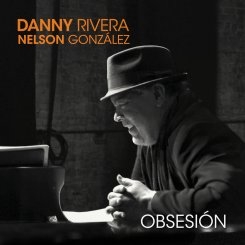
Obsesión
Album
2014-03-25
Show more
Photos
Show more
